According to some medical facilities, the shortage of basic medicines has been resolved, creating conditions to improve the quality of medical examination and treatment activities. However, there are still many difficulties and obstacles in this activity.
Has the shortage of basic medicine decreased?
Regarding the shortage of Gamma globulin for the treatment of hand, foot and mouth disease reported a year ago at Children's Hospital 1 in Ho Chi Minh City, Dr. Nguyen Thi Bich Nhan, Head of the Pharmacy Department, said that the shortage of Gamma globulin was not due to a lack of legal documents in procurement but mainly due to a broken supply chain due to not being able to import drugs to Vietnam in time.
 |
| According to some medical facilities, the shortage of basic medicines has been resolved, creating favorable conditions for medical examination and treatment. |
According to Dr. Nhan, the facility regularly checks the drug inventory, keeps track of the number of drugs purchased under valid contracts, including listening to supply news and monitoring disease forecasts to reserve drugs.
However, there are situations that arise beyond our expectations. For example, in 2023, 13 suppliers with licenses to supply Gamma globulin for the treatment of hand, foot and mouth disease were unable to supply enough. The hospital proactively asked for the opinion of the Department of Health and the Ministry of Health to have the medicine supplied to the hospital to fight the epidemic.
In fact, Gamma globulin is a rare drug, and the shortage for many years is due to a lack of suppliers, not because legal documents have not been issued in time for procurement.
At the University of Medicine and Pharmacy Hospital in Ho Chi Minh City, every day, this unit receives 7,000-8,000 outpatients and about more than 1,000 inpatients. Currently, this is the medical facility with the largest number of patients in the southern provinces.
Associate Professor, Dr. Nguyen Minh Anh, Deputy Director of the Hospital, said that after the Government issued Decree 24 on February 27, 2024, only a minimum of 1 quotation is needed to build a planned price instead of having to have 3 quotations as before.
In case the hospital collects more than 1 quotation, the highest quotation will be used as the planned price based on the hospital's professional requirements and financial capacity.
Accordingly, basically, the University of Medicine and Pharmacy Hospital in Ho Chi Minh City no longer lacks medicines, supplies, and equipment because the planning work was built all year and bidding was conducted continuously. There were mainly small bottlenecks in the bidding work of medical supplies and equipment due to grouping for bidding.
According to the latest reported data, the hospital's bidding and purchasing rate has reached 80%. The remaining 10-20% is not due to subjective internal problems but due to objective problems in the supply chain caused by contractors due to supply disruptions; problems and extended supply times due to waiting for renewal of drug registration licenses.
These are problems beyond the scope of the hospital and the Ministry of Health. However, they do not seriously affect the hospital.
Sharing about the difficulties the unit encountered in the past, when there were no Laws, Decrees and guiding circulars, Associate Professor Anh said that the most difficult thing about bidding and purchasing was getting the planned price of bidding categories with the regulation requiring at least 3 quotations and the lowest bid.
Besides, if in the bidding list, there is only one type that cannot be selected for quotation or the low price affects the whole package, the bidding package cannot be implemented.
Regarding medical supplies and equipment, many items can only get one quote on the market due to the connection between the supplier and the chemicals.
After many legal problems in purchasing, many units are hesitant because even asking for a quote from a contractor is not easy.
For example, a CT scanner bulb costs about 2-4 billion VND. On average, the bulb needs to be replaced every 1-2 years. The requirement to make 3 quotes before purchasing is a challenge for medical facilities.
“No unit dares to purchase because the nature of this equipment system is that each brand of machine must use its own bulbs, so only one quote can be made,” an officer working at the medical equipment bidding unit of the University of Medicine and Pharmacy Hospital in Ho Chi Minh City gave an example.
Thus, this problem has now been solved. Hospitals have boldly purchased equipment to serve the timely examination and treatment of patients and at the same time solved the problem of wasting unused equipment.
At Cho Ray Hospital, on average, it receives about 5,000-6,000 outpatients and more than 1,000 inpatients per day. Specialist 2 Doctor Pham Thanh Viet, Deputy Director of Cho Ray Hospital, shared that the current drug shortage is mainly related to the disruption of the global supply chain.
Domestic drug manufacturers are also slow to supply due to a lack of imported raw materials. “The lack of drugs is actually due to the source, not due to a lack of legal regulations or hospitals not having enough capacity to buy for patients,” said Dr. Viet.
Currently, Cho Ray Hospital still has a shortage of drugs, but it is mainly due to objective reasons, such as the drug price is too cheap that no unit participates in bidding;
Or rare drugs have very few suppliers; or there are units that win the bid but when it comes time to deliver the drugs and materials, they cannot import the goods due to a broken supply source, extending the supply time to 4-5 months.
In these cases, if there is no alternative medicine, it is very difficult for the Hospital to fully supply and the Hospital cannot terminate the bidding package to re-bid.
There are still many difficulties
Regarding the current drug bidding work, according to opinions from many agencies, the National Assembly, the Government, ministries and branches have issued documents that understand the difficulties of practice and remove many difficulties and obstacles.
However, currently, the procurement and bidding of drugs and medical equipment by some units and localities still do not meet the requirements of practice. The reason is that besides the fact that the legal system still has some points that need to be further improved, the most important thing is whether the units and localities dare to do and implement the procurement or not, and the decentralization of procurement authority to units of some localities is still limited, leading to the procurement process being prolonged.
Dr. Nguyen Vu Huu Quang, Director of Dak Lak Department of Health, said that the shortage of drugs and medical supplies in the locality mainly occurred before the circulars and decrees were issued, and many medical facilities were hesitant to bid for fear of legal action. Therefore, the locality had a 6-month gap in shortage of drugs, supplies, and medical equipment.
Recently, the Provincial Department of Health has been preparing a framework list for the Provincial People's Committee to approve. By 2024, Dak Lak will basically have enough medicine for medical facilities. The province is approving 30 bidding packages for 20 medical facilities.
According to Mr. Le Ngoc Danh, Head of the Pharmaceutical Affairs Department, Ho Chi Minh City Department of Health, the recent shortage of drugs mentioned in the press is not mainly due to the procurement mechanism but mainly due to the supply chain.
Accordingly, because Ho Chi Minh City is a special area with many city hospitals performing central tasks, in case of an epidemic, in addition to planning for the needs of the city's people, medical facilities here must also meet the treatment needs of neighboring localities, so there is a shortage.
The 2023 hand, foot and mouth disease epidemic in Ho Chi Minh City is lacking medicine mainly due to the need to regulate on-site treatment of patients in some localities, but if only supplying for the city, it is basically enough.
In addition, some drugs are granted registration numbers but in reality importers do not import them, so Ho Chi Minh City must issue special import orders.
Previously, talking about difficulties in bidding for drugs and medical supplies, Mr. Do Trung Hung, Director of the Legal Department (Ministry of Health) said that, in the face of difficulties and obstacles in bidding activities in general and bidding activities for drugs and medical equipment in particular, the National Assembly, the Government and the Ministry of Health have issued many legal documents on bidding to remove difficulties and obstacles in the process of organizing and bidding for drugs and medical equipment.
After a period of implementation, the Ministry of Health has recorded that in localities and units, difficulties and obstacles have basically been resolved. However, there are still some difficulties and obstacles in the process of organizing the implementation of legal documents. Based on the proposals of relevant ministries and branches, the Government is currently submitting to the National Assembly to amend and supplement a number of articles of the 2023 Bidding Law.
Source: https://baodautu.vn/tinh-trang-thieu-thuoc-da-duoc-khac-phuc-den-dau-d228278.html









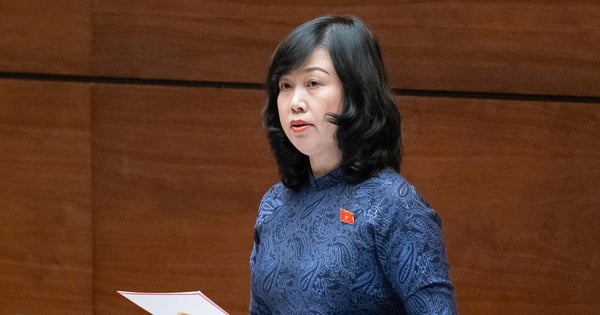

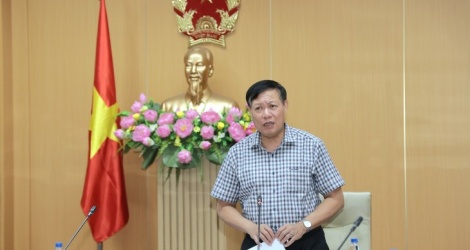

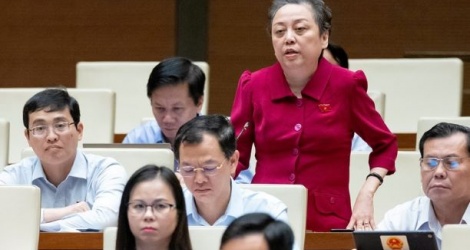
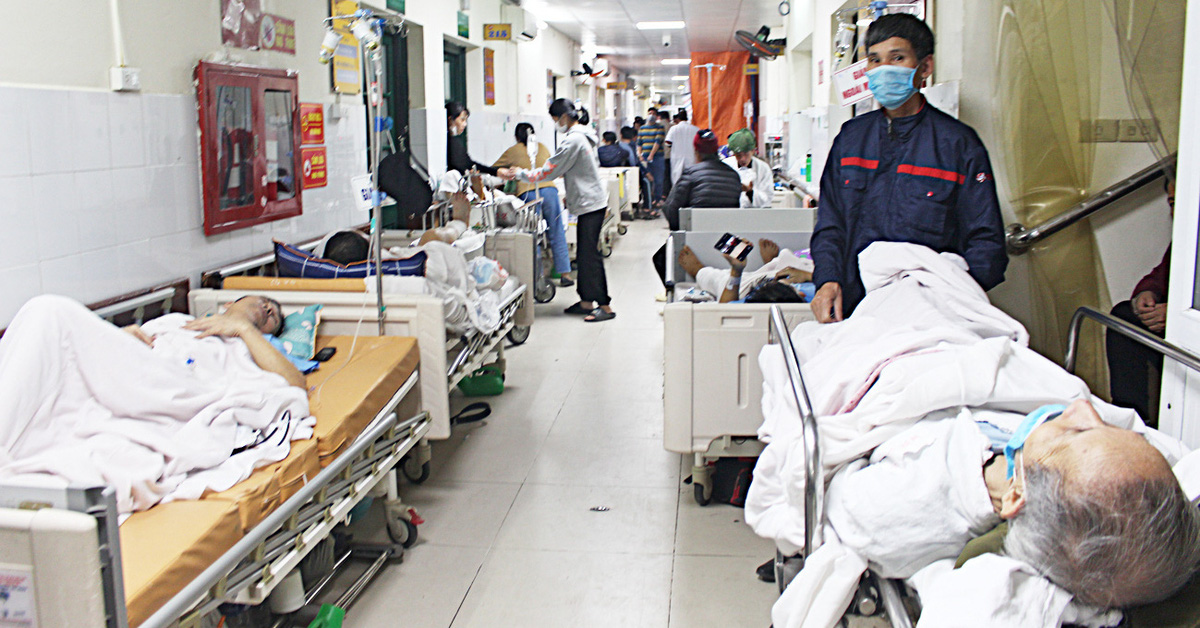

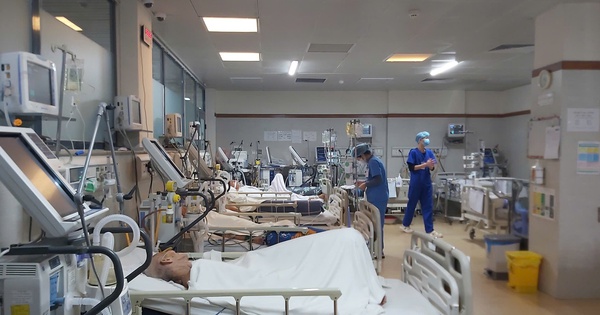



















![[Photo] Prime Minister Pham Minh Chinh chairs Government Conference with localities on economic growth](https://vstatic.vietnam.vn/vietnam/resource/IMAGE/2025/2/21/f34583484f2643a2a2b72168a0d64baa)




























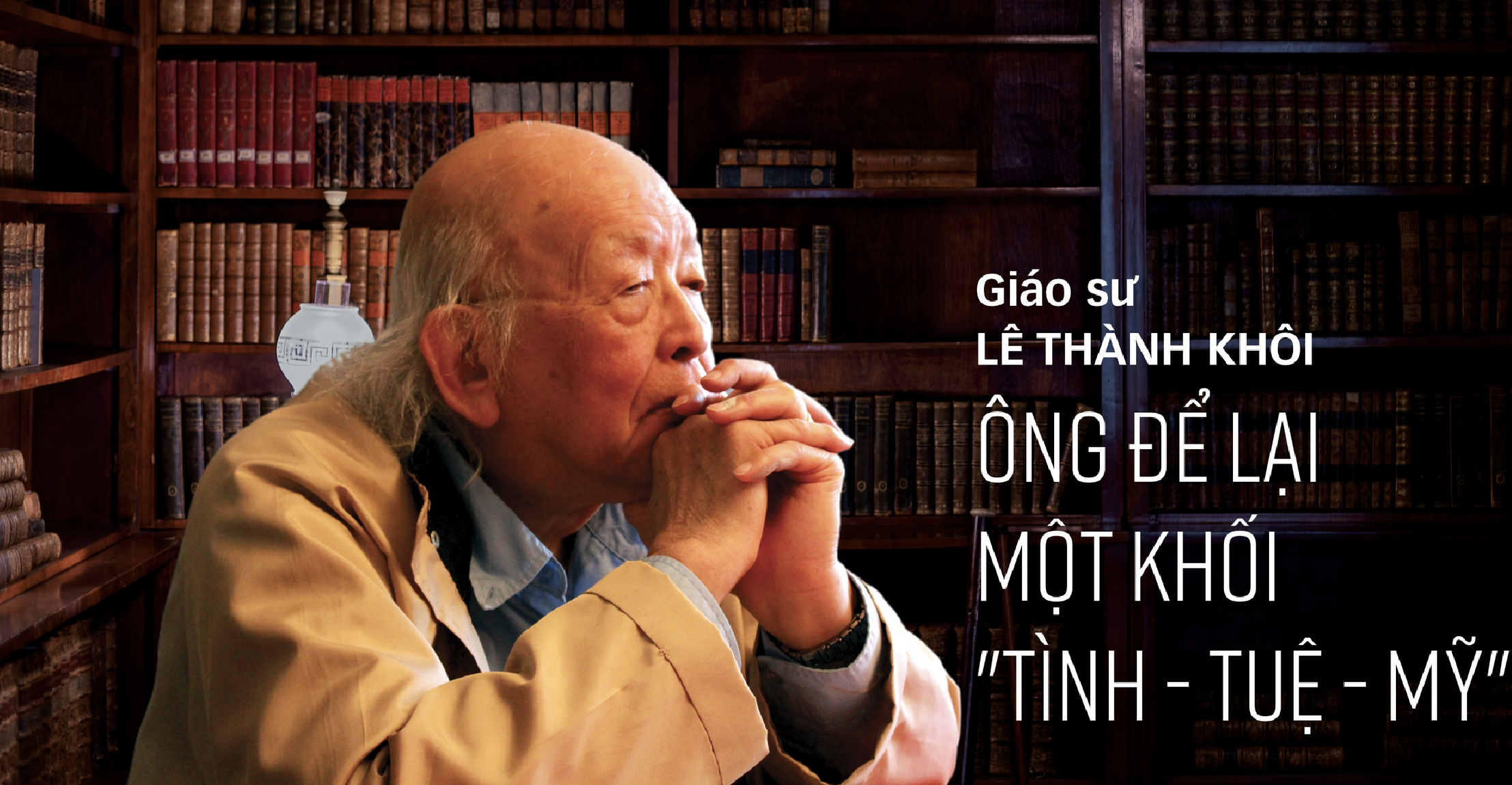


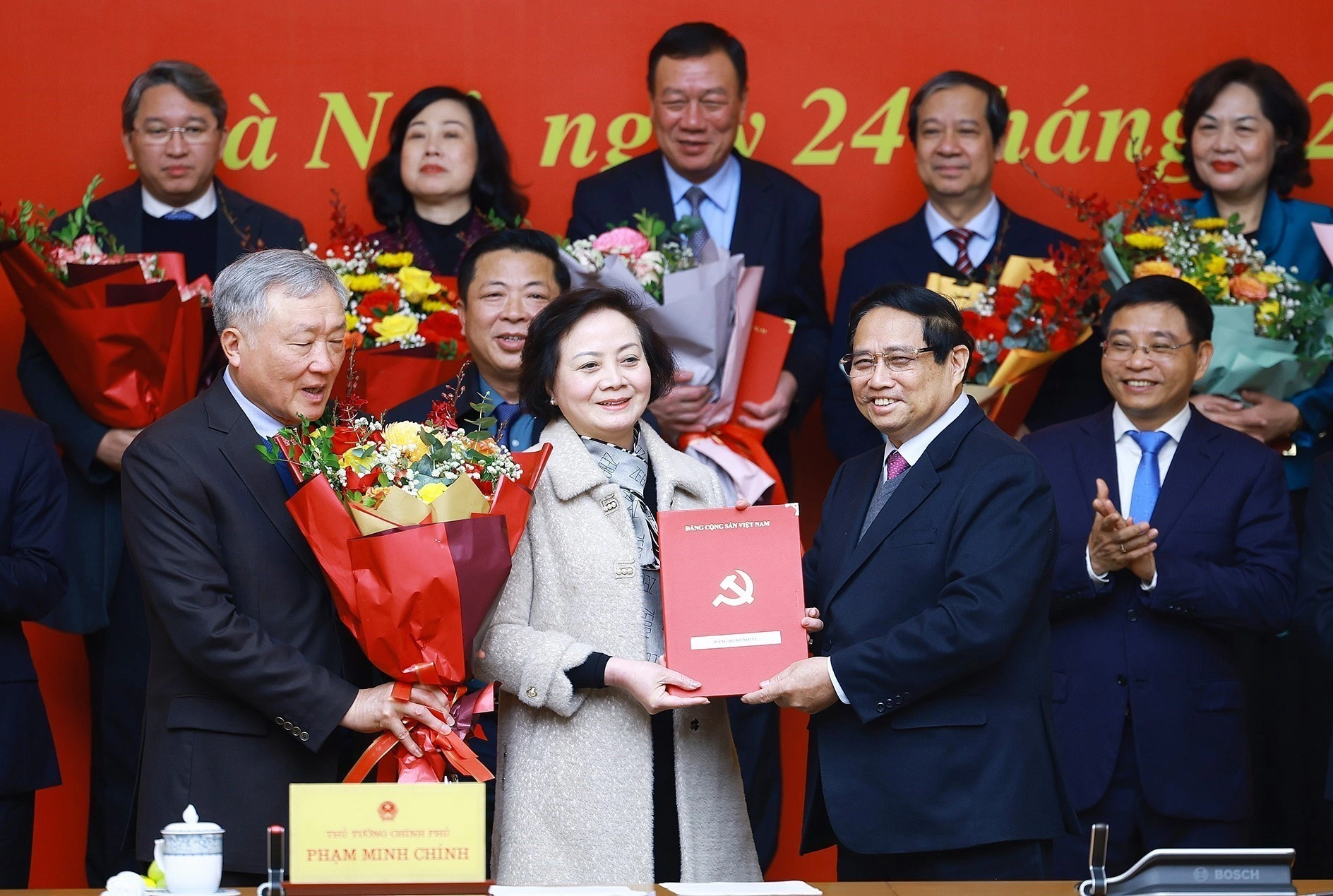
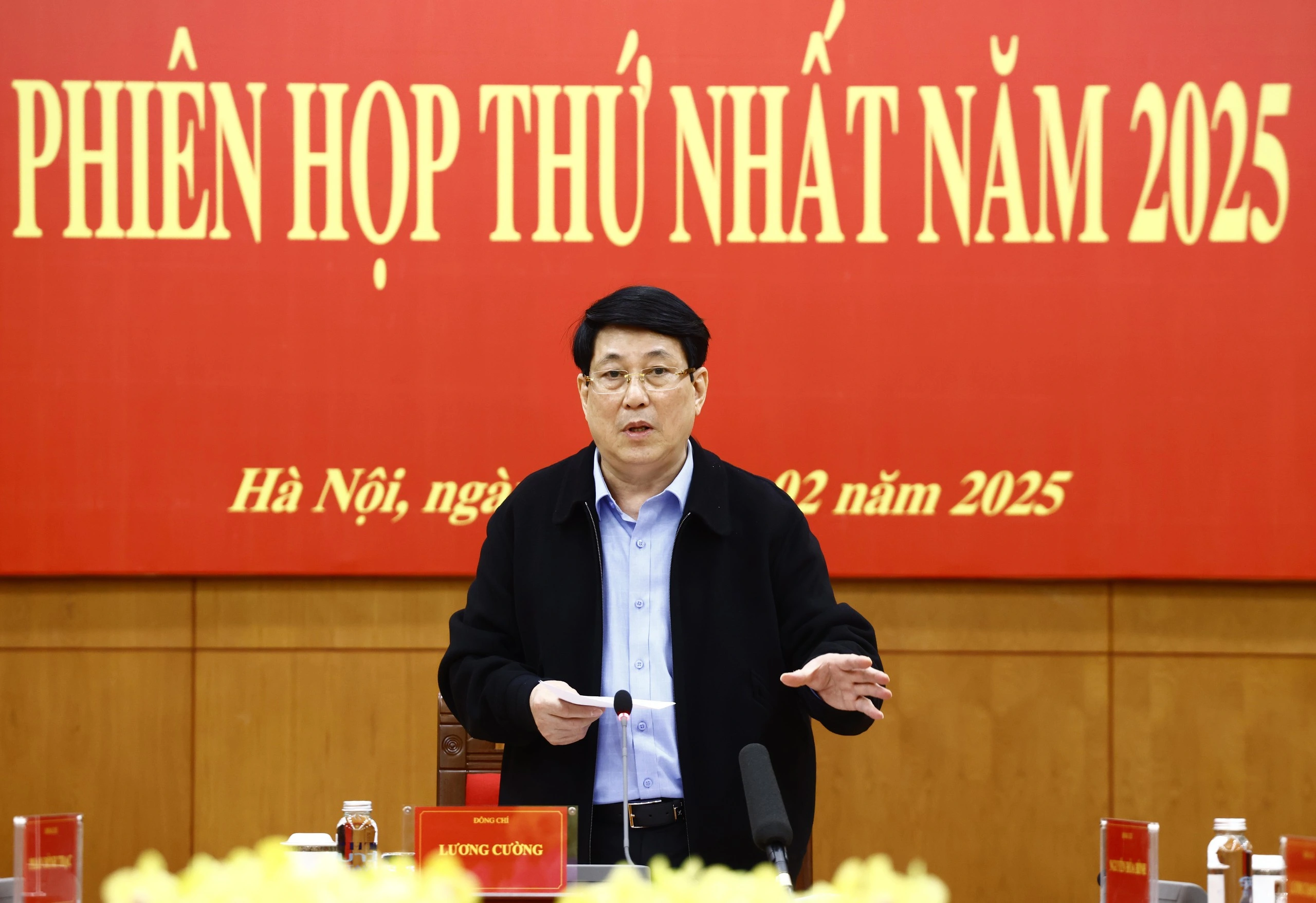















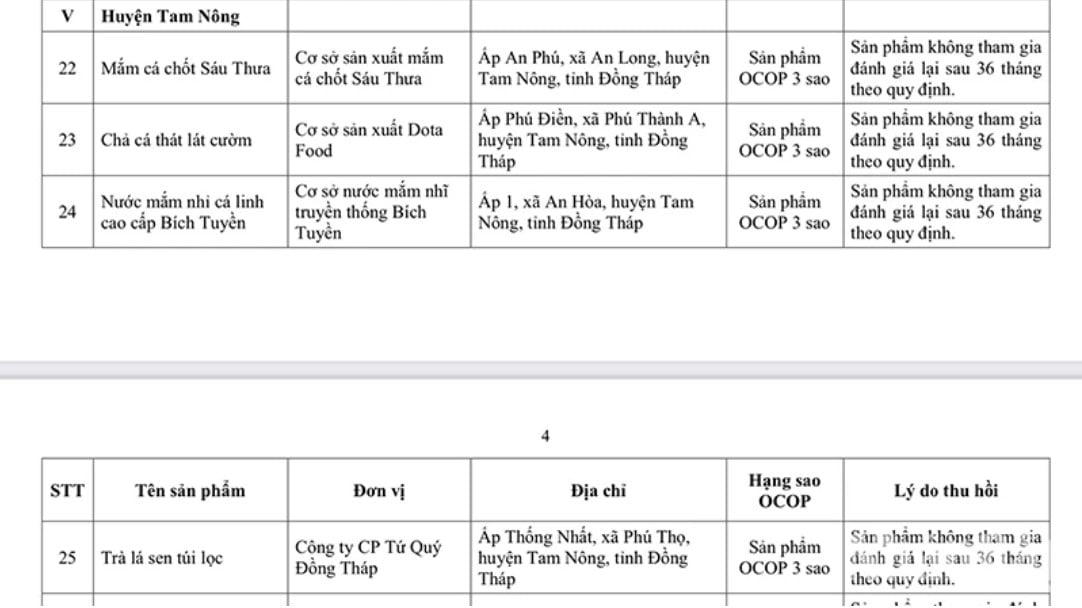




Comment (0)